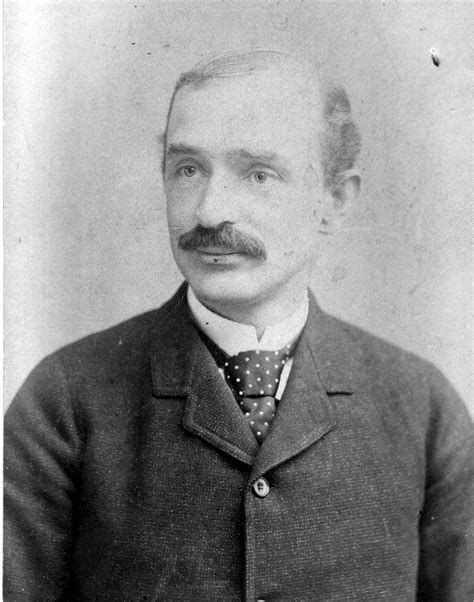A Quote by Henry Reed
Freud published The Interpretation of Dreams in 1900. It introduced the notion that there existed certain predictable and identifiable processes by which dreams were formed.
Related Quotes
Mythologies were the earliest dreams of mankind, and in the psychotic delusions of his patients, Jung believed he was encountering those dreams again. Freud, too, believed that the psyche retained archaic vestiges, remnants of our earlier mental world. But for Freud these were a burden we were forced to repress. Jung instead would see them as a reservoir of vital energy, a source of meaning and power from which, through the over-development of our rational minds, modern mankind has become divorced.
Israel is imperfect, of course it is - a far cry from the monumental dreams of the founding fathers. One of the reasons is that their dreams were unrealistic. They were bigger than life. These were messianic dreams, dreams about total redemption for the Jews, for the world. Such dreams do not come true, not in their entirety.
Israel is a fulfillment, and as a fulfillment, it is flawed. Dreams fulfilled are imperfect. And, Israel is imperfect, of course it is - a far cry from the monumental dreams of the founding fathers. One of the reasons is that their dreams were unrealistic. They were bigger than life. These were messianic dreams, dreams about total redemption for the Jews, for the world. Such dreams do not come true, not in their entirety.
To reverse the effects of civilization would destroy the dreams of a lot of people. There's no way around it. We can talk all we want about sustainability, but there's a sense in which it doesn't matter that these people's dreams are based on, embedded in, intertwined with, and formed by an inherently destructive economic and social system. Their dreams are still their dreams. What right do I -- or does anyone else -- have to destroy them. At the same time, what right do they have to destroy the world?
I was stuck in the feeling that one did not--was not justified in being alive unless one was fulfilling other people's dreams, whether they were contractual dreams or the public's dreams, or fulfilling my own dreams and illusions about what I thought I was supposed to be, which, in retrospect, turned out to not be what I am.
He is not simply looking into the mirror because he is transfixed by what he sees. Rather, the artist’s success depends as much as anything on his powers of detachment, on de-narcissizing himself… Freud… studied his own dreams not because he was a “narcissist,” but because he was a student of dreams. And whose were at once the least and most accessible of dreams, if not his own?
Mind is nothing but dreams and dreams - dreams of the past, dreams of the future, dreams of how things should be, dreams of great ambitions, achievements. Dreams and desires, that is the stuff mind is made of. But it surrounds you like a China Wall. And because of it the fish remains unaware of the ocean.
During the years 1945-1965 (I am referring to Europe), there was a certain way of thinking correctly, a certain style of politicaldiscourse, a certain ethics of the intellectual. One had to be on familiar terms with Marx, not let one's dreams stray too far from Freud.... These were therequirements that made the strange occupation of writing and speaking a measure of truth about oneself and one's time acceptable.
All I know for sure is that dreams are the pictures of states wanting to turn into processes. Dreams are maps of the beginning of an otherwise unchartered trip into the unknown. They are pictures of the unknown which appear in many channels. Because process work is body-oriented, I put a stress upon feelings, but dreams are not pictures of just feelings; they are pictures of the way the unknown is showing itself in a given moment.































